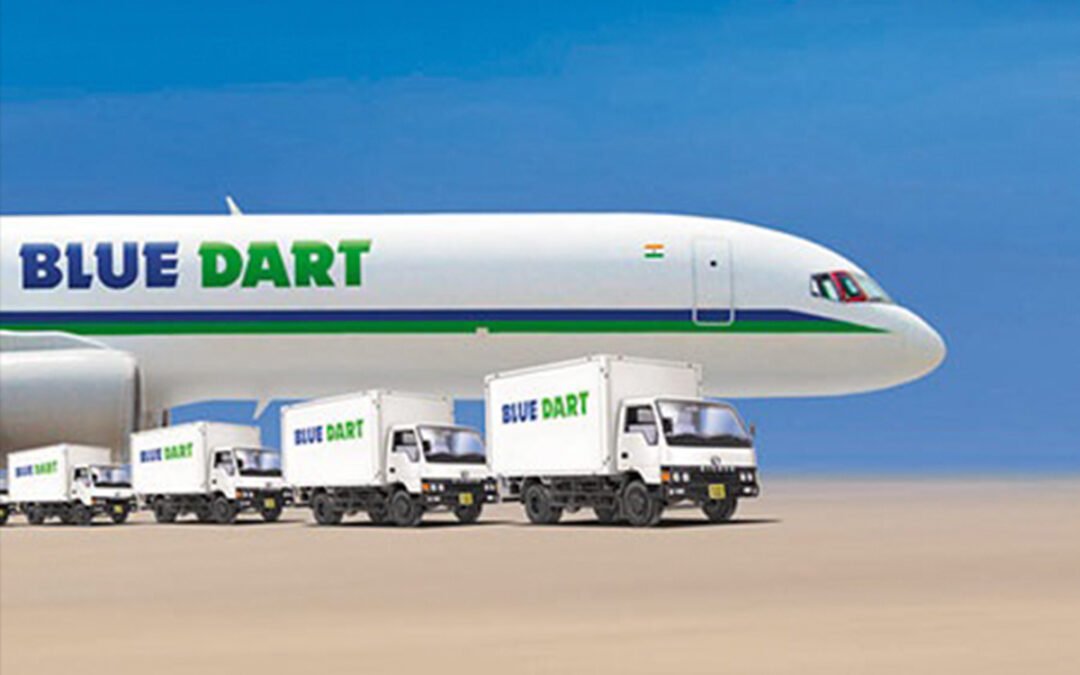One of the major leaders in the logistics sector, Blue Dart has plans to add Boeing 737 aircraft to its fleet as the business is looking forward to expanding its fleet as it is planning to increase its presence geographically. Also, the company is trying to boost its gains from the multiplying e-commerce sector. Currently, the company is in the dominant position in the domestic air express market with around 50 percent share of the market along with a fleet of six Boeing 757-200 freight aircraft.
The Managing Director of Blue Dart, Balfour Manuel said that the 737 is the ideal choice for the company when it is trying to expand as the aircraft can easily reach smaller airports. Blue Dart has already started raising skill sets like engineers and pilots for the same. Not just the aircraft, the expansion is also taking place in the infrastructure and tech department. Reportedly, the company intends to deploy two 737 aircraft in the present year and will grow even more in the upcoming 9-10 years.

DHL, which is one of the logistics giants globally, holds a stake of 75 percent in Blue Dart.
The strategy of Blue Dart to create a presence in various segments – from surface logistics to e-commerce and from express to air logistics has proved to be beneficial for the company to gain leadership in the market. The company, which is the largest integrated air express courier and logistics enterprise in South Asia, saw a 21 percent increase in its stock price on the BSE during the past two weeks, bringing its gains since March’s lows to over 43 percent.
DHL, which is one of the logistics giants globally, holds a stake of 75 percent in Blue Dart. Under the arrangement between the two logistics companies, Blue Dart will focus on the domestic logistics sector on a primary basis and will not make any moves to expand internationally. The MD has mentioned that the company is connected to 220 countries through DHL. The company said that the help provided by DHL in the international sector is unmatched and vice versa, the company compliments them in the domestic sector of the industry. The amalgamation of both companies is a great association that has been built over the years since 2004.
The shipment network of Blue Dart has been combined in such a manner that the shipments fly only at night. This helps to connect the shipments that are manufactured during the day to the night flights so they can be delivered to the destination the next morning. Blue Dart will never risk this model of networking because of the congestion present at major airports during the day, which could cause a huge impact on the company’s network, added Manuel.

The shipment network of Blue Dart has been combined in such a manner that the shipments fly only at night.
In the logistics sector, with the emergence of new-age players supported by private equity funds, the competition is increasing with time. At the same time to increase their freight business, airlines are also working towards the same. However, Manuel said that cargo airlines are not competitors but complementary services as they are necessary for the business and complement the services provided by Blue Dart.
As demand for faster delivery and transport is increasing, according to analysts, the growth of Blue Dart is boosting the business of express air cargo. The two largest drivers of express services, manufacturing and e-commerce are growing at a great pace, and are expected to grow by a CAGR of 16-18 percent in the next few years.



















